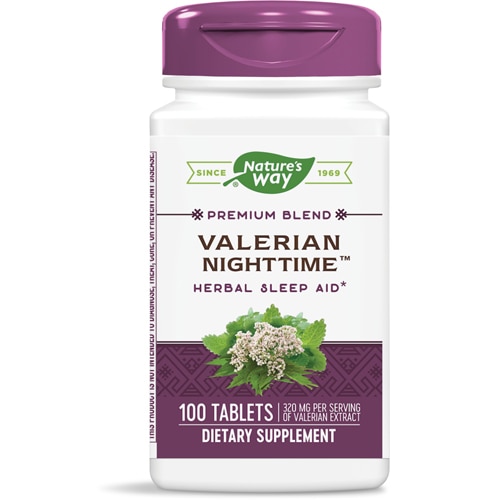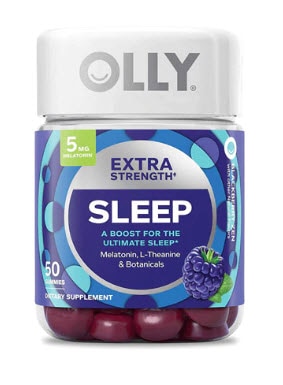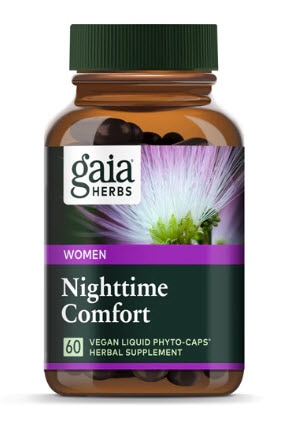Melatonin has long been heralded as the go-to supplement for a better night’s sleep. For good reason, too: Melatonin organically supports slumber by working with the melatonin your body naturally produces. And yet, for some people, the supplement simply doesn’t work, or introduces unpleasant side effects, such as gastric distress and daytime sleepiness.
So, what’s a sleep-deprived person supposed to do? In addition to adopting a sound (and consistent) bedtime ritual—one that includes plenty of chilling out, powering down your electronics and replacing nightcaps with decaffeinated, herbal tea—you may also want to consider a different type of sleep-promoting supplement. Here are the top five we recommend for shut-eye:
1. Magnesium
As the fourth most abundant mineral in the body, it ought to arrive as no surprise that magnesium plays a key role in your physical functions—indeed, over 300 of them. Vital for cardiovascular and bone health, it’s also been shown to support normal muscle contraction and relaxation, as well as support normal nerve function.†
While magnesium is found in a variety of foods, including leafy greens, almonds and dark chocolate, it's estimated that roughly 50% of Americans don’t get enough of it. Filling this gap with supplemental magnesium may not only encourage overall health, but may also support better rest through nerve-supporting properties. Find a derivative of the miracle mineral in Hyland's Calm Forte.†
2. L-Tryptophan
An essential amino acid—the building blocks of proteins—L-tryptophan may sound…familiar. And you’re right: Turkey contains tryptophan, and has led many to believe that Thanksgiving is, in the end, a sleep-provoking meal. While research shows that turkey contains about as much L-tryptophan as other meats, what holds true is that the amino acid can spur drowsiness. Acting as a precursor to several neurotransmitters—including serotonin—it plays an important role in supporting natural, soothing sleep.†
3. Glycine
Glycine is another amino acid, and yet it’s the smallest and simplest of the bunch. Necessary for the production of glutathione, DNA, creatine, bile and hemoglobin (the oxygen in your red blood cells), glycine operates as a calming force in the brain, where it facilitates nerve impulses and may support healthy sleep patterns—including more restful rest.†
4. Passion Flower
“Passion” seems to suggest the antithesis of a peaceful night’s sleep, but this herb has garnered fame for the promise it shows in urging rejuvenating slumber. Derived from the climbing vine, Passifora incarnate (a perennial native to the tropics of the Americas), passion flower has been used for hundreds of years in traditional medicine for calming and sleep-promoting purposes. The gentle, relaxing herb—which is packed with flavonoids, fatty acids and alkaloids—may also help with general restlessness and stress.†
5. L-Theanine
You may be well-aware of the health-enhancing effects of green tea, but do you know why it’s favored by 30% of the population—and considered such a boon for wellness? This is due to the fact that it contains L-Theanine, an amino acid that may naturally support optimal levels of key neurotransmitters, including GABA, serotonin and dopamine. While it encourages concentration, it also promotes feelings of calmness—precisely what you need when your brain and body are thrust into overdrive the minute you try to sleep.
Additionally, L-theanine may support healthy brain function and help maintain blood pressure that’s already within normal limits. Translation? You may fall asleep tranquilly—and rise with energy.†
†These statements have not been approved by the Food and Drug Administration. These products are not intended to diagnose, treat, cure or prevent disease.
Looking for extra sleep support? Consider one of these formulas, available at Vitacost.com.







